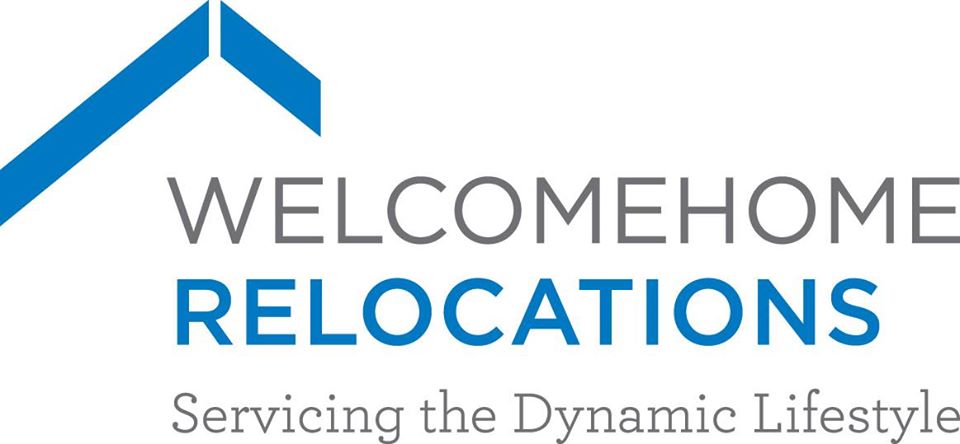Feelings of frustration, anger and irritability may be a result of the moving stress of relocating to a new society.
Congratulations on your relocation to Canada! We’re sure that you’re going to be very happy here. Relocating to a new city or country can be a very exciting experience, or a very scary experience. Feelings of stress associated with your relocation are normal. Culture shock is a real risk when you are relocating to a new society. Culture shock is a feeling of disorientation when experiencing an unfamiliar way of life with a move to a new social environment. It is important that you are aware of its symptoms and monitor your mood.
Foreign Affairs and International Trade Canada list common symptoms associate with culture shock;
• feelings of anger, discomfort, confusion, frustration or irritability and loss of a sense of humour
• withdrawal, spending excessive amounts of time alone
• negative feelings about the people and culture of the host country
• compulsive eating and drinking or a need for excessive amounts of sleep; and
• boredom, fatigue and an inability to concentrate or work effectively.
Culture shock is divided into four phases; honeymoon, negotiation, adjustment, and mastery. Just before your relocation and shortly after arriving you’re likely to feel happiness and fascination. You will feel this is an exciting time and that you will easily adjust and cope with the problems and stress that may arise. You will then shift into a feeling of disappointment, frustration and irritation. Missing your previous life and feeling little connection to your new area may leave you feeling lonely and regretful of your move. Your mood may drastically switch daily, feeling positive one day and very negative the next. The third stage, adjustment, will have you gain back some control over your life. Having a better understanding of your new home, you will gradually be adjusting to your new life. Following your adjustment period you will move into a status of acceptance. Being involved in the community and gaining friends and a social network will alleviate feelings of loneliness and isolation.
The best strategy for coping with culture shock is to be educated on the symptoms you may feel. By putting forth an effort to adjust to your new life you can help prevent the feelings of loneliness, resentment, and frustration that can occur with your move.
A Reflection of Global Mobility in 2024
As the year comes to a close, let’s take a look at the key trends that influenced global mobility and employee relocation in 2024, and



